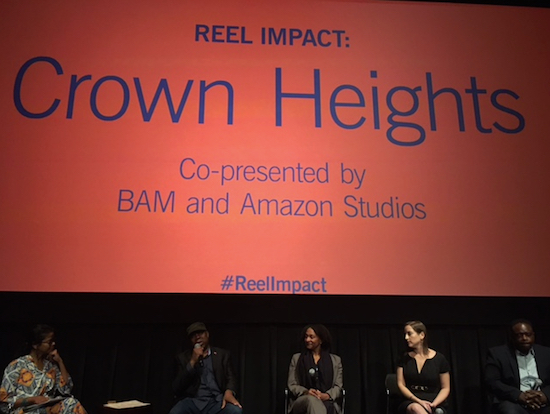‘Crown Heights’ screening at BAM includes thoughtful discussion on wrongful convictions

Carl King devoted 21 years to trying to prove his friend Colin Warner’s innocence after he was incarcerated for a murder he didn’t commit. Nearly 16 years later, Matt Ruskin’s film “Crown Heights” exposes flaws in the court system and the institutional racism responsible for Warner’s conviction. The movie was screened at the Brooklyn Academy of Music’s Peter Jay Sharp Building on Oct. 10.
Tuesday’s crowd was lucky enough to hear from King after the movie ended during a special discussion panel.

Brooklyn Boro
View MoreNew York City’s most populous borough, Brooklyn, is home to nearly 2.6 million residents. If Brooklyn were an independent city it would be the fourth largest city in the United States. While Brooklyn has become the epitome of ‘cool and hip’ in recent years, for those that were born here, raised families here and improved communities over the years, Brooklyn has never been ‘uncool’.